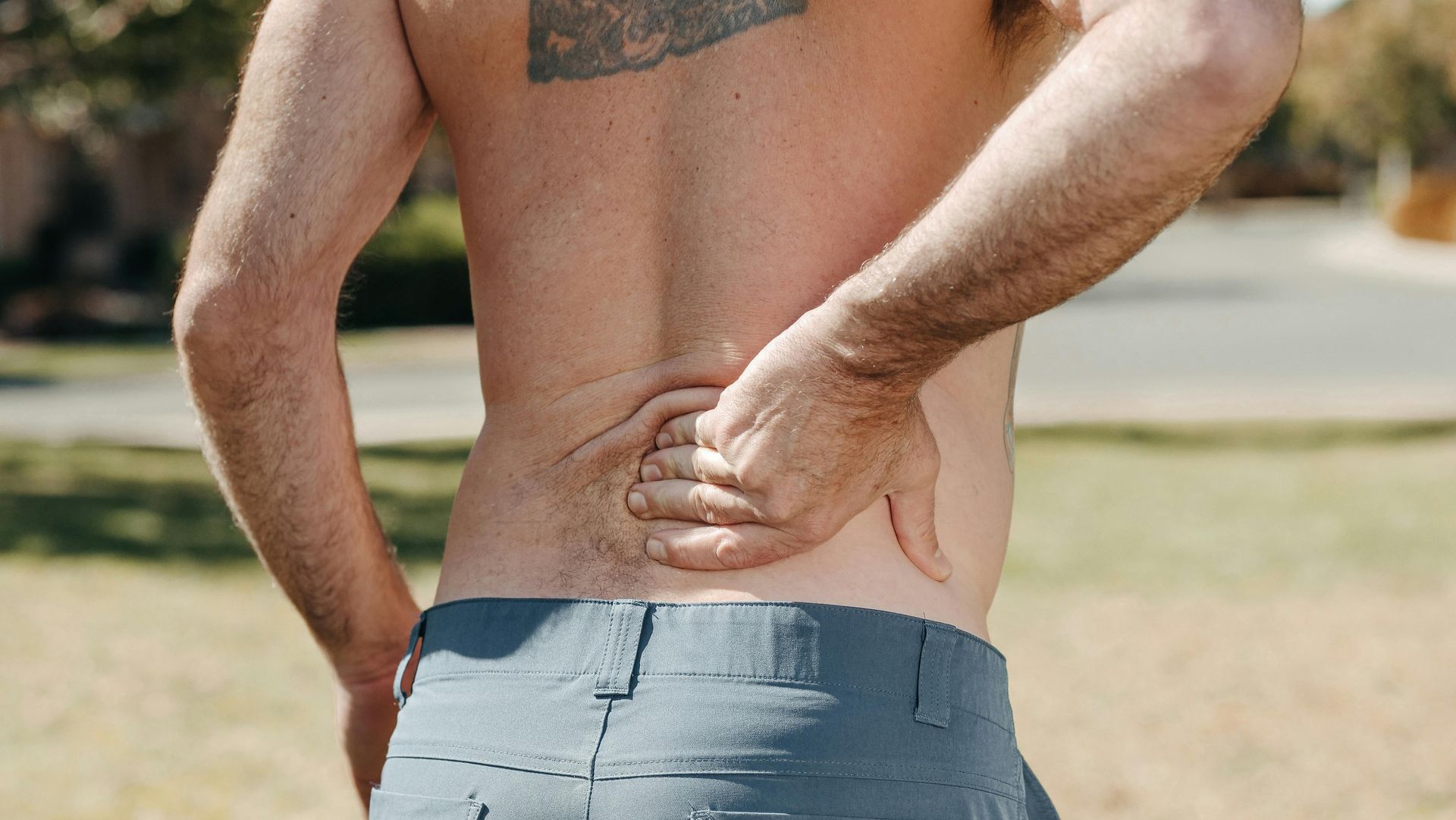Male Depression and Testosterone: Why Screening and Endogenous Restoration Should Be First-Line Care
Why men’s mental health is more than just the mind
Male depression is on the rise, and so is low testosterone. Yet, despite the overlap, testosterone screening is rarely part of standard mental health care. Men are often treated with SSRIs or other psychotropic medications as a first-line approach, while the underlying hormonal suppression goes unnoticed.
This isn’t just a missed opportunity — it’s a cycle that worsens both mental and physical health.
The link between depression and testosterone
Depression and low testosterone often feed into each other. Depression drives poor sleep, inactivity, suboptimal diet, increased alcohol consumption, and elevated stress — all of which suppress the hypothalamic–pituitary–gonadal (HPG) axis.
Low testosterone, in turn, worsens depressive symptoms: fatigue, low motivation, anhedonia, reduced libido, and poor stress resilience. Many men feel “stuck” in this loop, unable to muster the energy to engage in therapy, exercise, or lifestyle changes — and standard antidepressants rarely address this biological component.
Why current treatment approaches fall short
SSRIs and other psychotropic medications are the default first-line interventions for depression, yet they come with significant downsides:
- Efficacy issues: Many men require escalating doses, switching medications, or adjunctive therapies to see improvement.
- Dependence and withdrawal: Discontinuation syndrome is common, and relapse is often indistinguishable from withdrawal.
- Sexual and energy side effects: Reduced libido, fatigue, and anhedonia — symptoms that overlap with both depression and low testosterone.
- Hormonal suppression: SSRIs can suppress the HPTA, further lowering testosterone and blunting the body’s natural ability to regulate mood and motivation.
Meanwhile, safe interventions that restore endogenous testosterone are rarely considered.
A better first step: screening and trialing endogenous restoration
We propose a new approach:
- Screen all men with persistent, non-situational depression for total and free testosterone. Even men within “normal” lab ranges may be functionally suppressed relative to their individual set point.
- Assume suppression as a starting hypothesis — depressed men are likely below their physiological norm.
- Trial endogenous testosterone restoration for 4–6 weeks using agents such as human chorionic gonadotrophin (HCG) or enclomiphene. These drugs stimulate the body’s own testosterone production while preserving fertility and HPTA function.
- Reassess symptoms: If mood, energy, and motivation improve, consider continuation or integration into longer-term management. If not, discontinue without long-term harm.
This approach is low-risk, reversible, and biologically rational. It breaks the depressive cycle, restoring the hormonal foundation that allows therapy, lifestyle interventions, and training to work effectively.
Safety and risk considerations
Concerns about high testosterone — clotting, cardiovascular events, or prostate issues — are often overstated when we talk about physiological-range levels. Most documented risks occur with exogenous, supraphysiological TRT, particularly in older men with comorbidities.
Endogenous restoration via HCG or enclomiphene maintains natural hormone regulation. Free and total testosterone are raised within safe, physiological limits, and the body continues to convert testosterone to DHT and oestradiol appropriately. Hematocrit and estradiol can be monitored to ensure safety.
Breaking the cycle and empowering men
A short course of endogenous testosterone restoration isn’t a cure-all — it’s a primer that restores biological capacity. Men who regain their hormonal baseline are more likely to engage meaningfully with therapy, exercise, diet, and stress management.
It reframes male depression as a holistic, integrative issue, not just a neurotransmitter problem. By addressing the biological foundation first, we improve the chances of long-term recovery and quality of life.
The bottom line
Every man with persistent depression deserves to have his hormones checked. Restoring testosterone safely and naturally — even briefly — is a low-risk, high-value first step that can break the cycle of low energy, poor motivation, and worsening mood.
Ignoring this link is no longer defensible: safe, reversible, evidence-supported interventions exist, and the status quo often worsens the problem.
Call to action:
If you’re a man struggling with depression, ask your doctor about testosterone screening. It’s not vanity — it’s physiology, and it could be the first step toward breaking the cycle. Just make sure you are interpreting the results on an age adjusted scale. Many references ranges will not age-adjust


